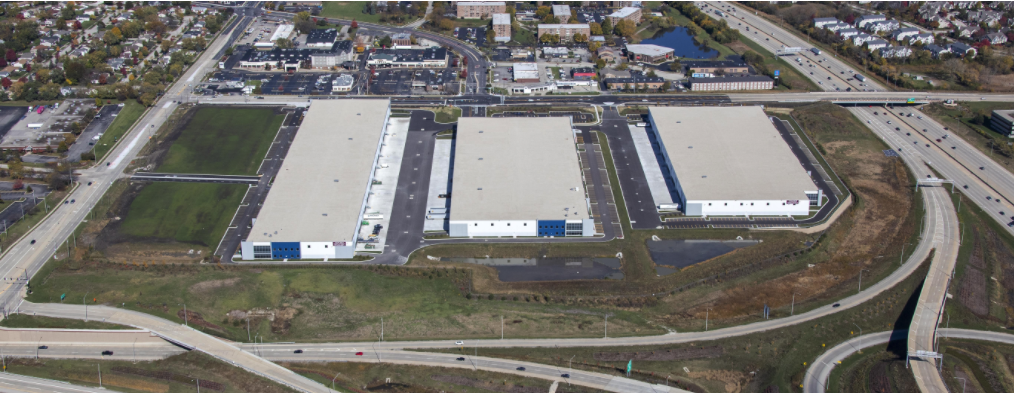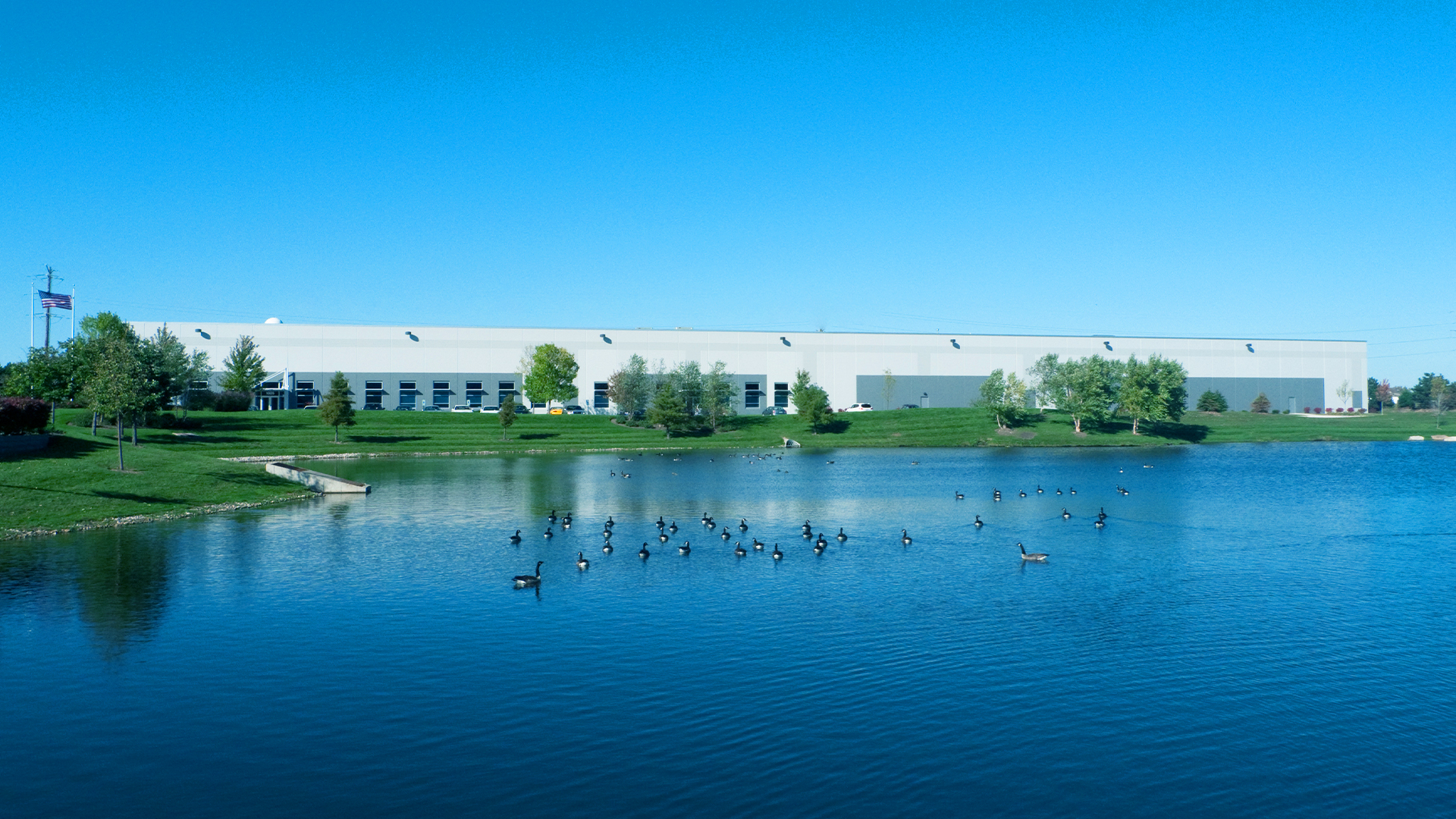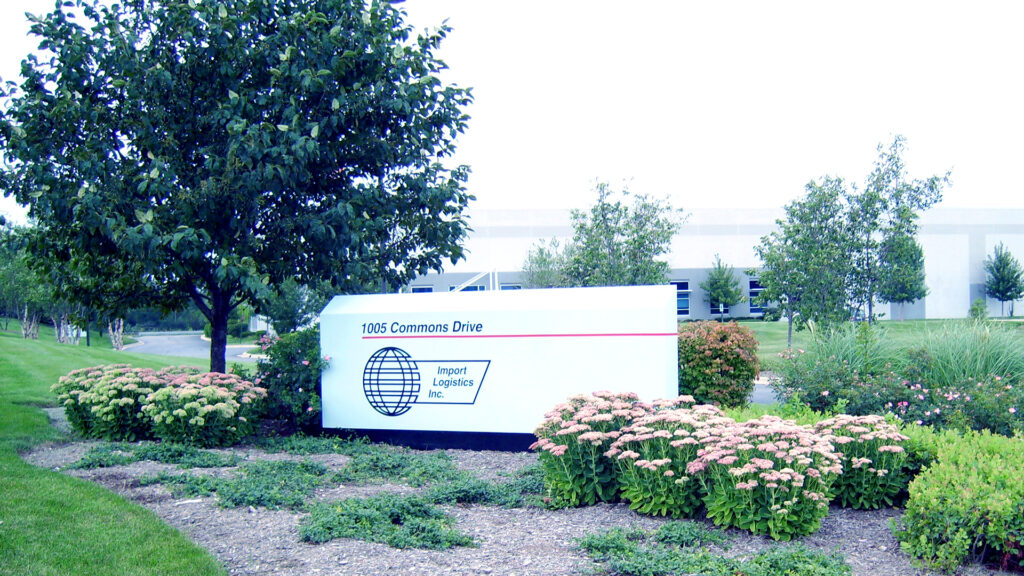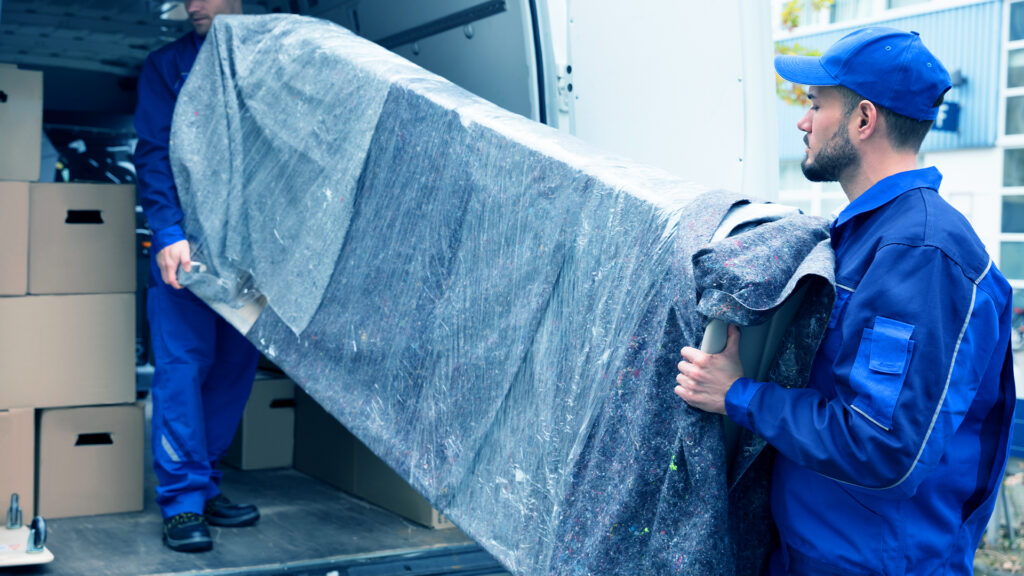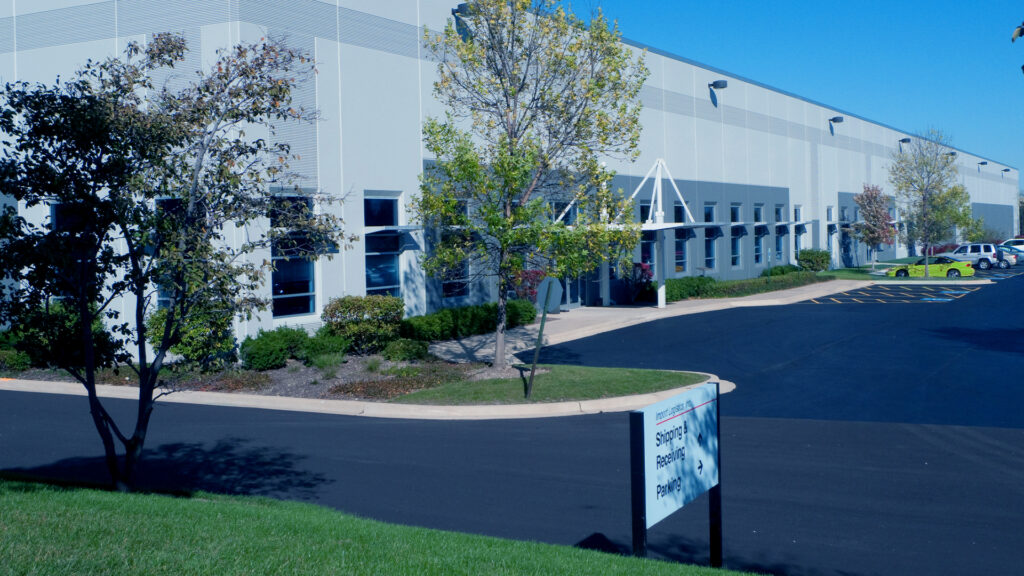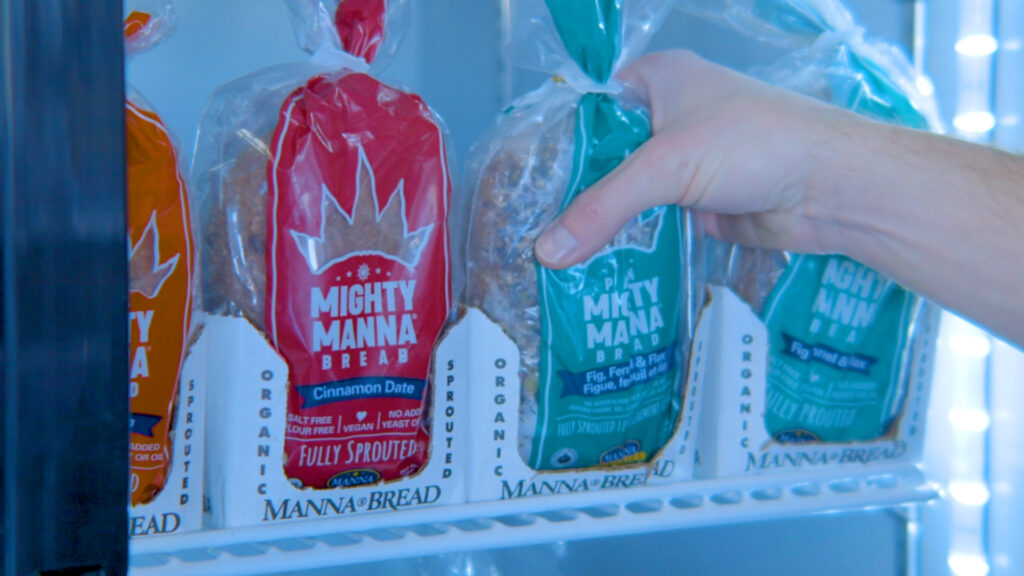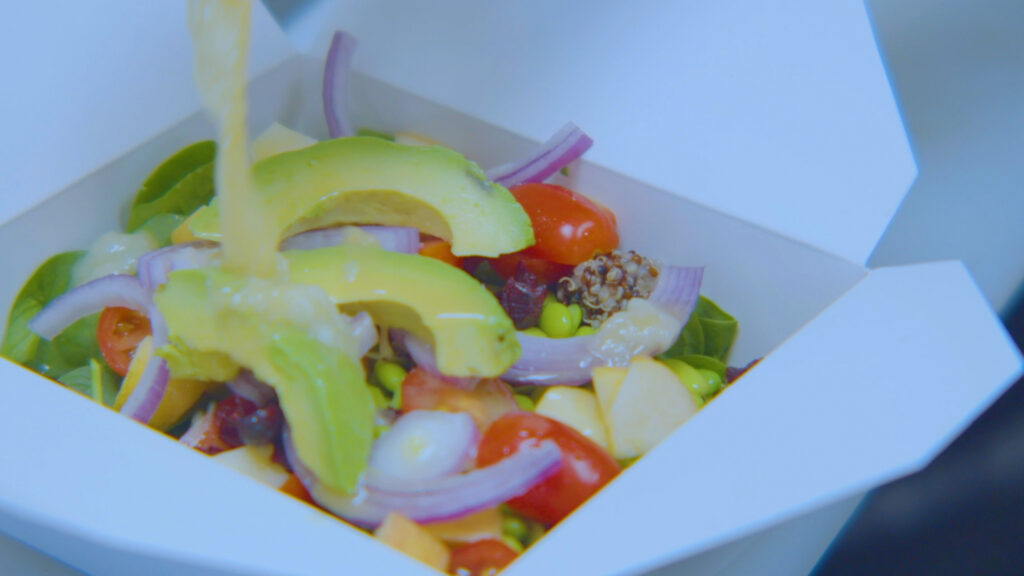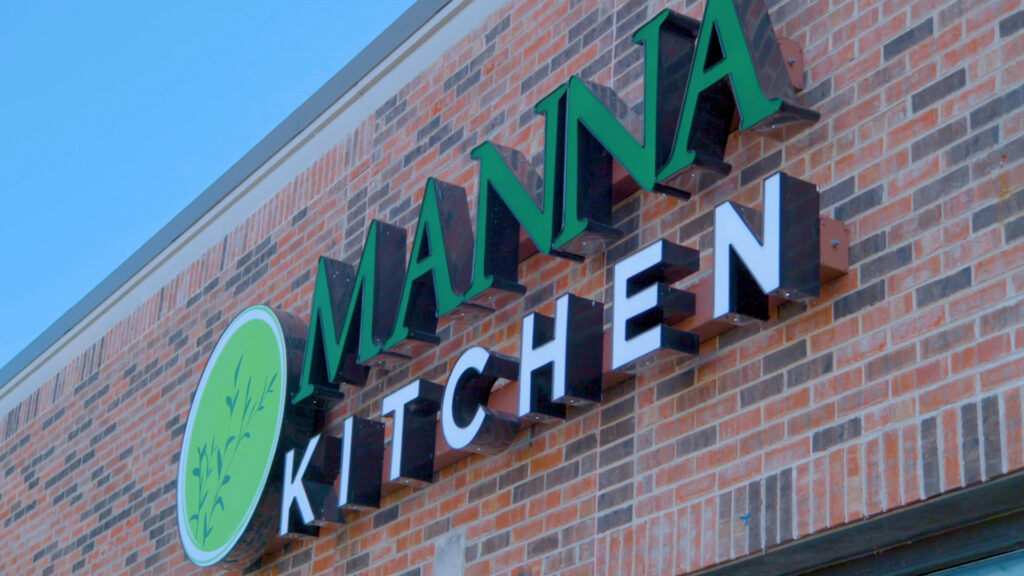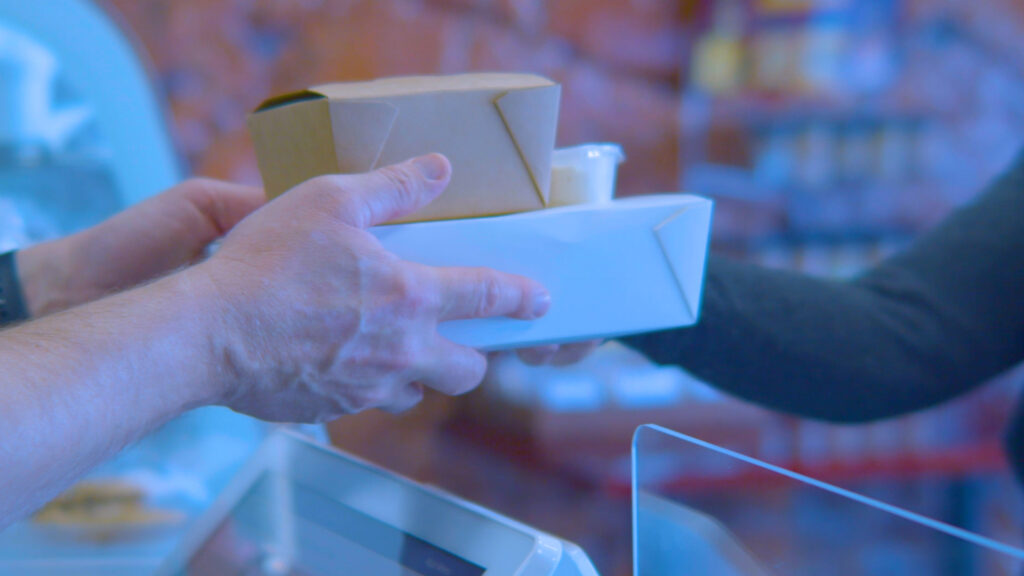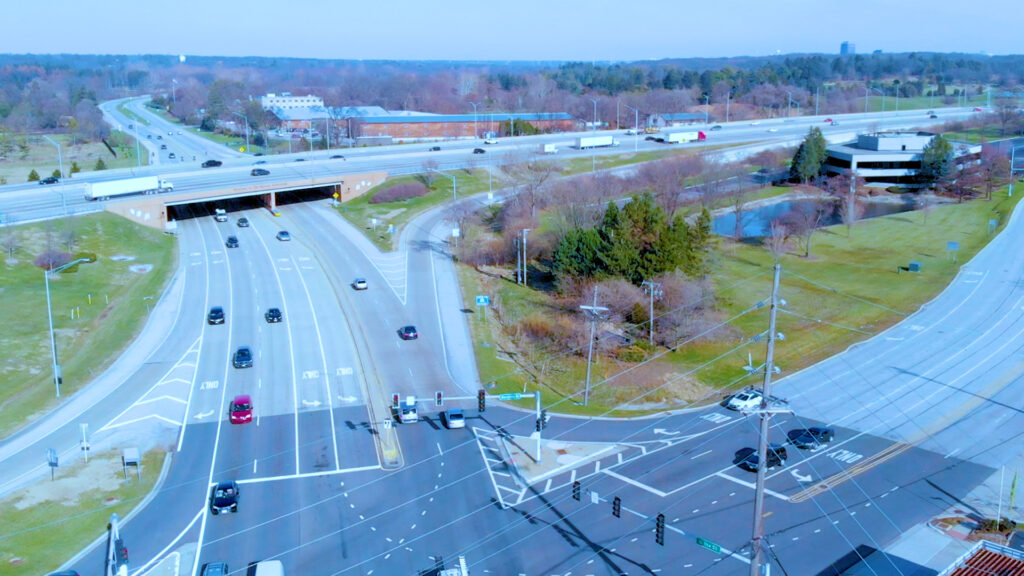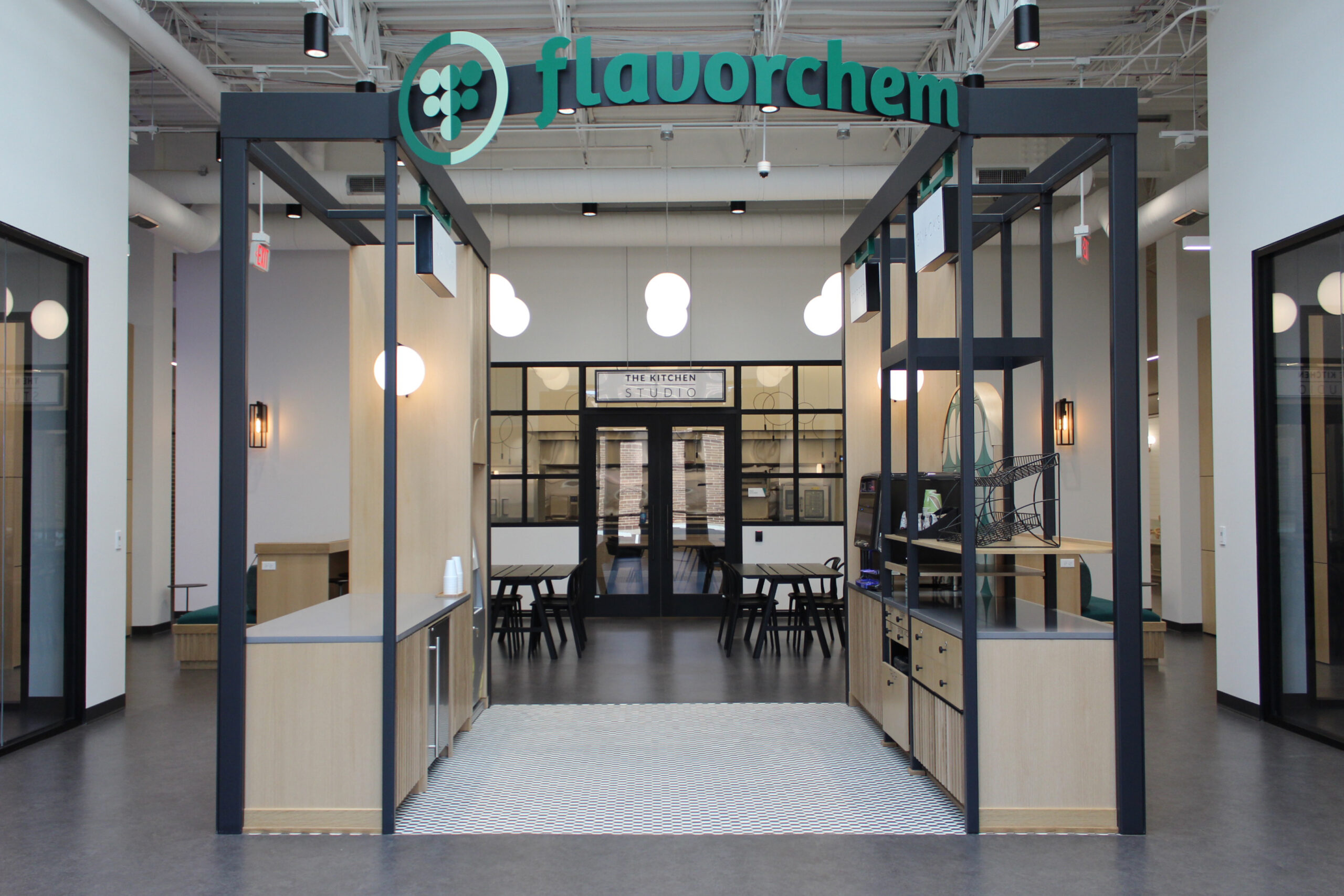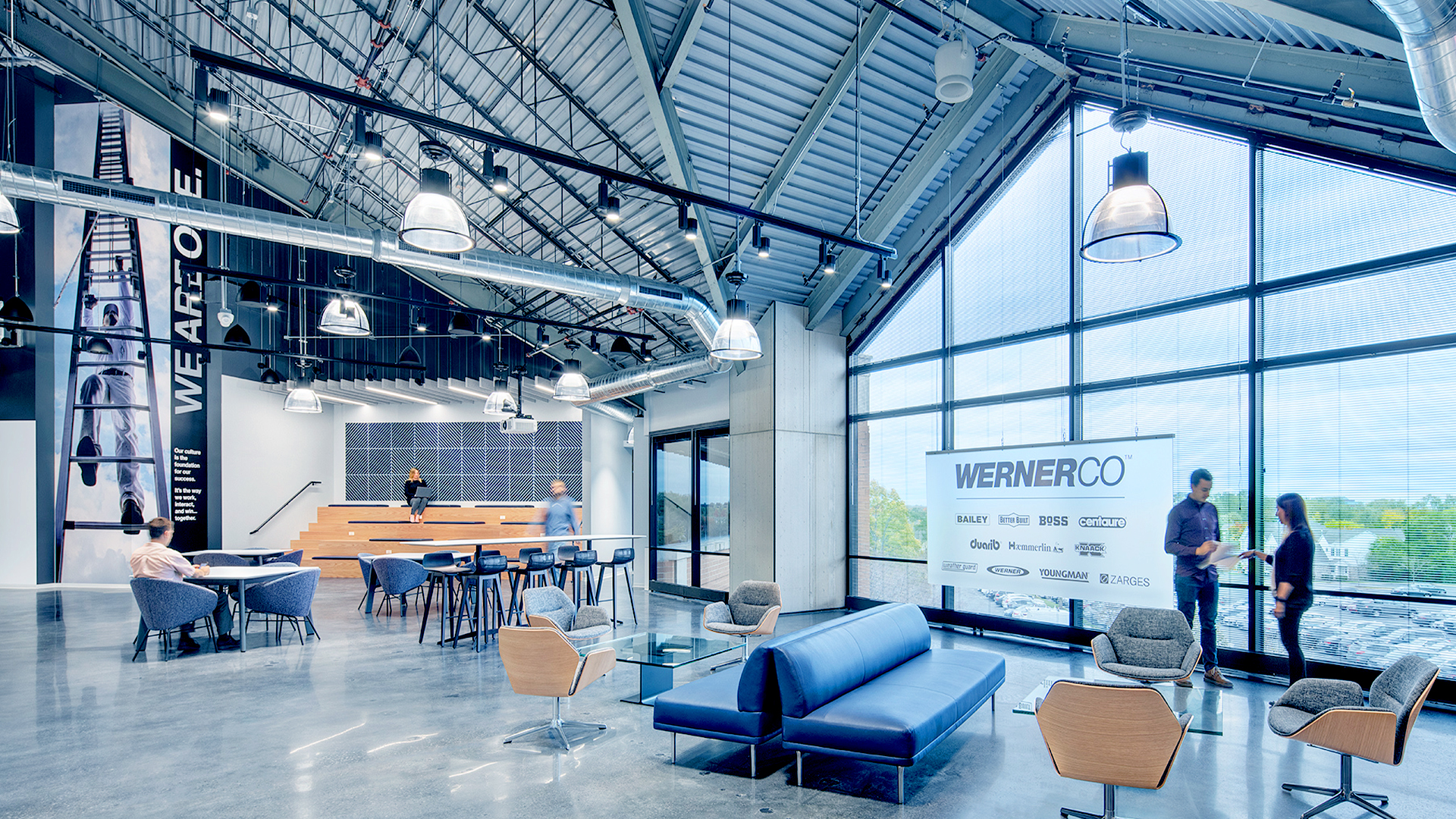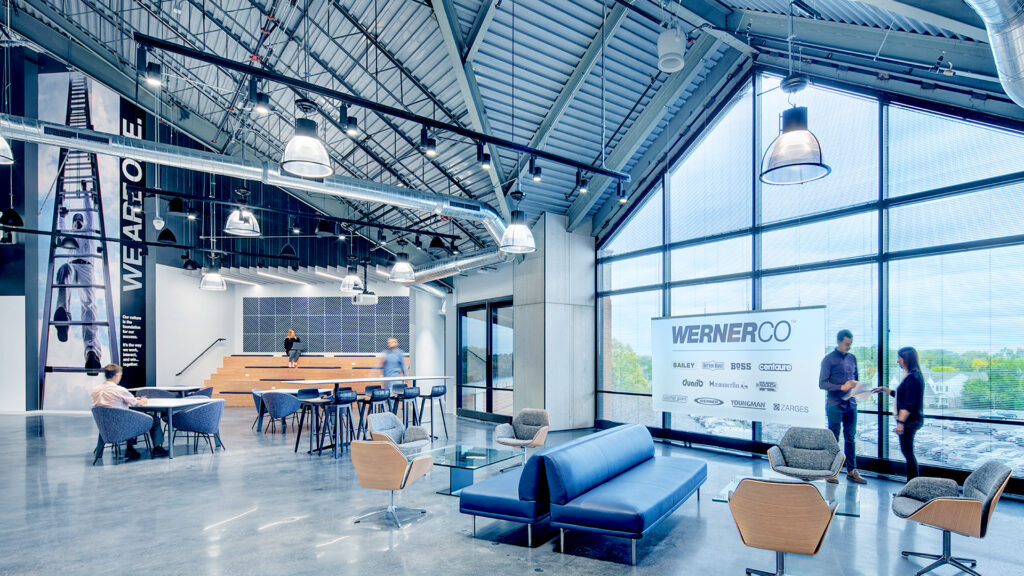In 2020, many of us were forced to learn just how far a sneeze can travel. While some of us (naively) assumed that a sneeze flies no more than a few feet before harmlessly disappearing, researchers at MIT shattered our illusions with a series of unpleasant statistics. It turns out, a sneeze can travel up to 27 feet, reaching speeds in excess of 100 miles per hour. After the initial flight, droplets linger in the air for up to 10 minutes, forming a very personal kind of cloud that contains everything from bacteria to viruses, including COVID-19.
Sneezes, coughs, laughter, even just normal breathing, speaking and contact: As we learned in 2020, there is no end to the channels that a virus can take en route from one body to another. While social distancing and masks have helped mitigate the spread of COVID-19, many organizations are looking for more effective and potentially permanent solutions to protect public health—now, during the pandemic, as well as in the future.
COVID-19 has had a devastating impact on communities across the world, but it has also highlighted critical weaknesses in our current systems and taught us important lessons about public health. These lessons may help us prevent future pandemics and protect individuals from the viruses and bacterial infections that kill thousands, even in ‘normal’ years.
In DuPage County, organizations of all sizes are turning to innovative ideas and advanced technologies to protect the health of individuals and communities.
Mesòn Sabika is Helping Customers Breathe Easier

The food at Mesòn Sabika is fantastic. But, as anyone who has visited the Naperville restaurant knows, atmosphere is a major part of the restaurant’s appeal.
A short drive west of downtown Naperville, Mesòn is located in a 19th-Century mansion on a pristine, four-acre estate adorned in traditional Spanish décor. It’s the kind of place where you want to be. Going there and sitting on the patio with a cocktail and a plate of empanadas is an experience, not just another dinner. That’s why, in any other year, most of us would be talking about visiting Mesòn Sabika—not just grabbing takeout.
As the first wave of lockdown restrictions began to relax, the community was eager to once again enjoy the atmosphere of Mesòn Sabika, presenting the restaurant with a challenge that many businesses are now facing: How do you give your customers the experience they want, while also protecting their health (and yours)? The owners and staff at Mesòn Sabika went to great lengths to create a safer environment—spacing tables eight feet apart, reducing contact as much as possible, frequently sanitizing surfaces—but, like many of us, they had become aware of the many channels a virus can use to travel across a room, including a simple sneeze. They wanted to protect their customers and staff from any threat, even the ones they couldn’t see.
Wouldn’t it be wonderful if we could catch a sneeze as it travels through the air and remove all the potentially harmful particles before they reach us? Mesòn Sabika discovered a device that does just that. This year, the restaurant installed a state-of-the-art air-purification system (the REME Halo) that continually purifies the air within the mansion. According to the manufacturer, the system uses an innovative zinc ionization system to reduce airborne particles, like dust and mold spores, while killing up to 99% of bacteria and viruses (including COVID-19) both in the air and on surfaces. It even ‘catches’ sneezes mid-air. By the time a sneeze travels three feet, the system will have reduced its germs by 99%.
Mesòn Sabika isn’t the only business using advanced technology to protect the health of customers and staff. All across DuPage County, this sort of solution is appearing in restaurants, schools, hospitals, hotels, shops and the many other places where we gather.
Meanwhile, some DuPage organizations are not only using this technology. They’re creating it.
Sound Inc. is Creating Healthier Office Environments
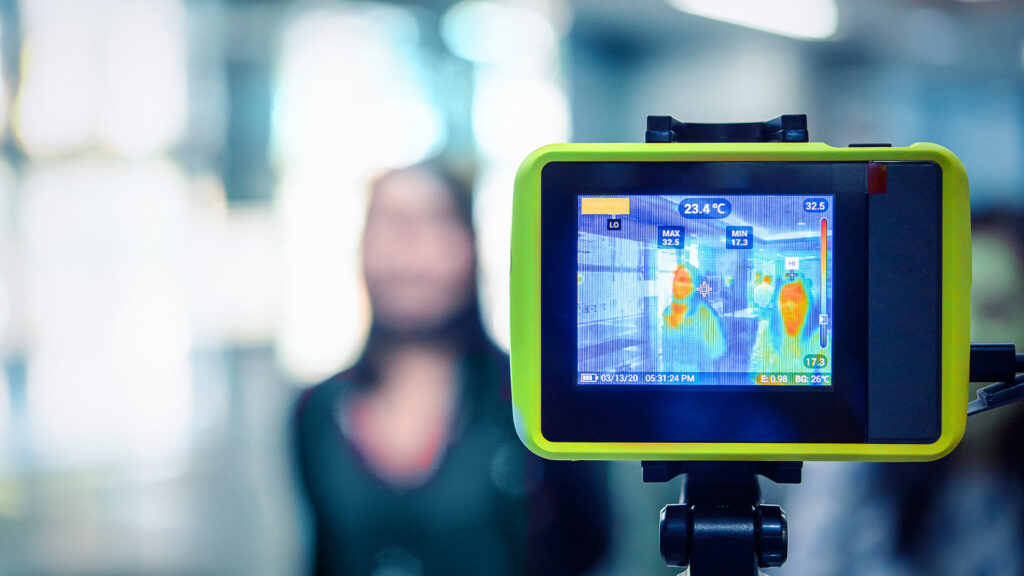
If you work in marketing or web development, you may be familiar with the concept of ‘heat-mapping’, a technology that creates a ‘map’ illustrating how users have interacted with your website.
A technology company in Naperville has taken the heat-mapping concept and repurposed it to help us clean our offices more efficiently and effectively. Sound Inc.—a tech services firm specializing in audio/visual, security and connectivity for businesses—weaves together a network of technologies designed to keep employees and visitors safe as we return to the workplace. One of the systems uses thermal (heat-sensitive) cameras, motion-sensors and analytics to map the places where people frequently contact surfaces in an office, so cleaning services can focus their efforts on the places with the highest risk of transmission.
But that’s just the start. In addition to mapping high-contact areas, Sound Inc. creates systems that can automatically sound alarms when rooms have surpassed their intended capacity, scan the temperatures of visitors, send alerts when employees are lingering in high-traffic areas—such as hallways, where they’re more likely to come into contact with coworkers or visitors—and monitor policies like mask-wearing and social distancing.
“For a business owner who is worried about having their employees come back and feel safe, that first line of defense is really important,” says Brian Clark, Vice President of Sound Inc. “You want to know who is coming into your building. That concept is called ‘visitor management’, and, traditionally, most businesses don’t do it very well. But now we’re paying closer attention to who comes and goes into our workplaces.”
Beyond protecting employees and visitors from COVID-19, Brian says that his company’s technology can offer protection from other kinds of threats. For example, a system with a motion-sensor can be installed near a door to detect weapons and automatically perform background checks, in addition to reading temperatures.
Scientel Solutions is Helping Organizations Safely Return to ‘Normal’
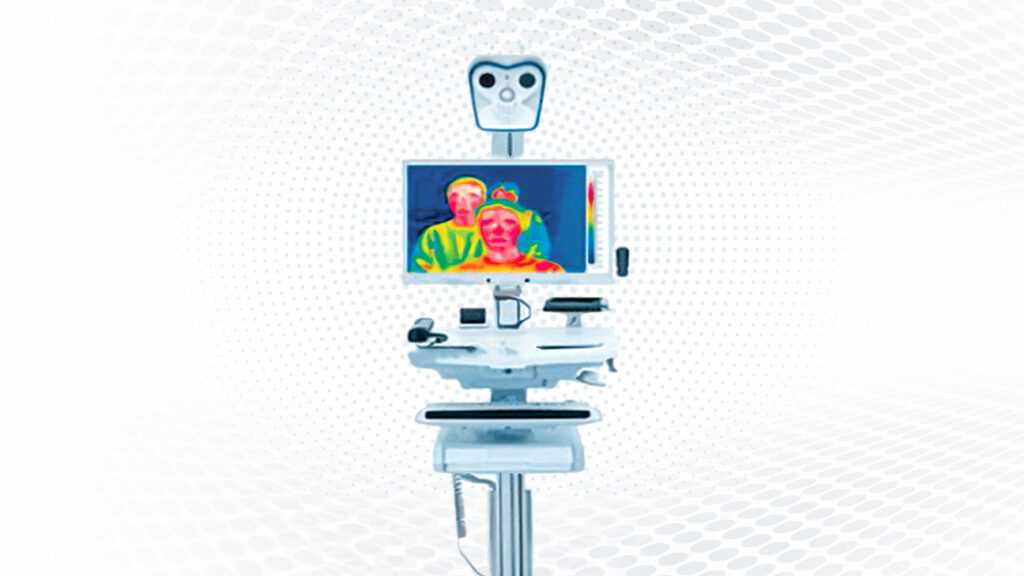
Of all the strange rituals that became ‘normal’ in 2020, the act of having your temperature taken in public is among the strangest. If you have visited a doctor’s office or a restaurant in the past nine months, you probably experienced something like this: Someone in a mask approaches you, aims what looks like a plastic Marvin the Martian laser gun at your forehead, and pulls the trigger. Odd as it may seem, taking temperatures at the entrance of a high-traffic area is a good idea, as it allows businesses to turn away anyone who is feverish, a potential sign of COVID-19.
But these handheld devices have three weaknesses: 1.) Their accuracy ranges from mediocre to unusable, 2.) They require the operator to be in close proximity to multiple, potentially infected individuals, putting them at greater risk, and 3.) The process of scanning a person with a handheld device is tedious and time-consuming. It isn’t a practical solution for businesses or events with high volumes of people entering the area.
The engineers at Scientel Solutions in Aurora were frustrated with the existing temperature-reading systems—on behalf of their own business, as well as their customers’—so, they built a better machine. The Mobile Evaluation and Triage (MET) Unit, which resembles a tall, friendly robot with wheels in lieu of legs, combines several advanced technologies to overcome the weaknesses of handheld scanners.
While the MET also reads temperatures, it does so with far greater accuracy and speed than handheld scanners, while allowing operators to maintain a safe distance from the individuals they scan. At the core of the device is a retinal camera, which reads temperatures by scanning a person’s tear ducts. Sound strange? Maybe it is. But the system is incredible accurate, reading temperatures within 0.4 degrees Fahrenheit, vastly better than most scanners. It’s also fast, scanning each person within less than a second, enabling the device to process dozens of individuals per minute. If a person does have a fever, the device alerts operators—and can be integrated with other systems (for example, to automatically send a notice to security).
The MET unit is ideal for any location that may see a high volume of people—hospitals, corporate centers, municipal buildings, stadiums, airports, etc.—and can be used in conjunction with other safety measures to make events safer. Locally, Scientel has brought the MET to the City of Aurora, Kane County, Stephen Co. and Hesed House, as well as other businesses and organizations around the country.
For Nelson Santos, Founder & CEO of Scientel, technologies like the MET are an essential component of any reopening effort.
“We use the MET Unit for our own employees and all guests on a daily basis,” Nelson says. “With the help of the MET—as well as other technologies—Scientel has been able to hold events in conjunction with social distancing. We believe that we need to continue to operate as a business and function as families, all while being socially responsible given the pandemic.”
A Safer Tomorrow
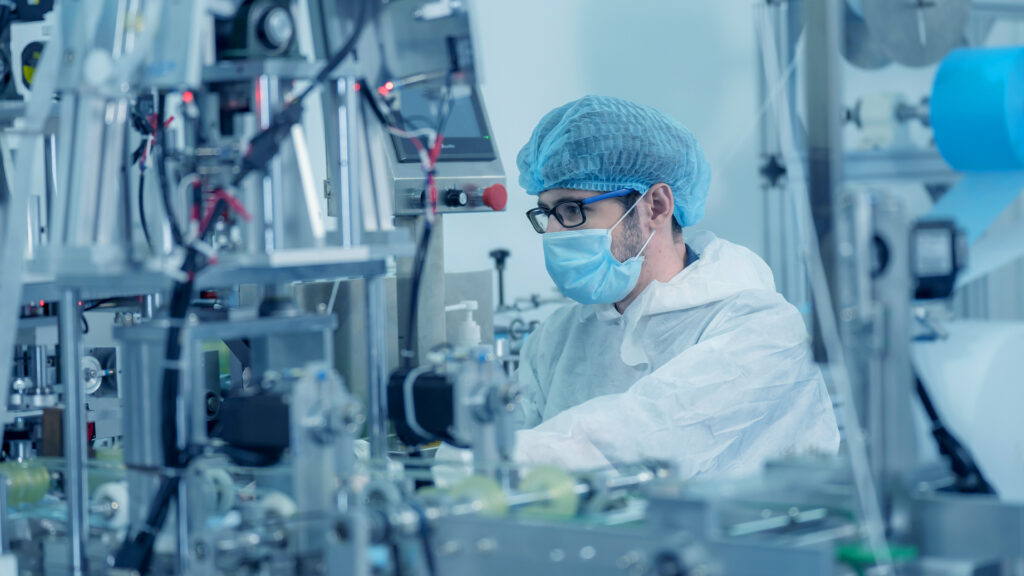
No single technology, concept or guideline will protect us from threats like COVID-19 (although, vaccines will go a long way towards solving our immediate problem).
Instead, creating a safer, healthier future for the communities of DuPage County comes down to collaboration: many minds, technologies, businesses and institutions coming together to find smart solutions to our immediate problems, while addressing our long-term challenges.
We need innovators like Scientel Solutions and Sound Inc. bringing us the devices that keep us safe; local businesses like Mesòn Sabika adopting new technologies; organizations like the College of DuPage training contact tracers; companies like Import Logistics finding creative solutions to protect our supply chain; and institutions like Argonne National Laboratory and Fermilab using science to fight back against threats like COVID-19. Just as critically, we need every member of our community supporting these organizations, uplifting one another and thinking about tomorrow.
A safer future isn’t a distant possibility; it’s something we can start building right now. It’s up to every one of us to make it.
In DuPage County, our communities are tapping into high-tech solutions to create a safer tomorrow. From the labs of Argonne to the dining room of Mesòn Sabika, you can find innovation in every corner of DuPage. Learn more at ChooseDuPage.com/Ready



